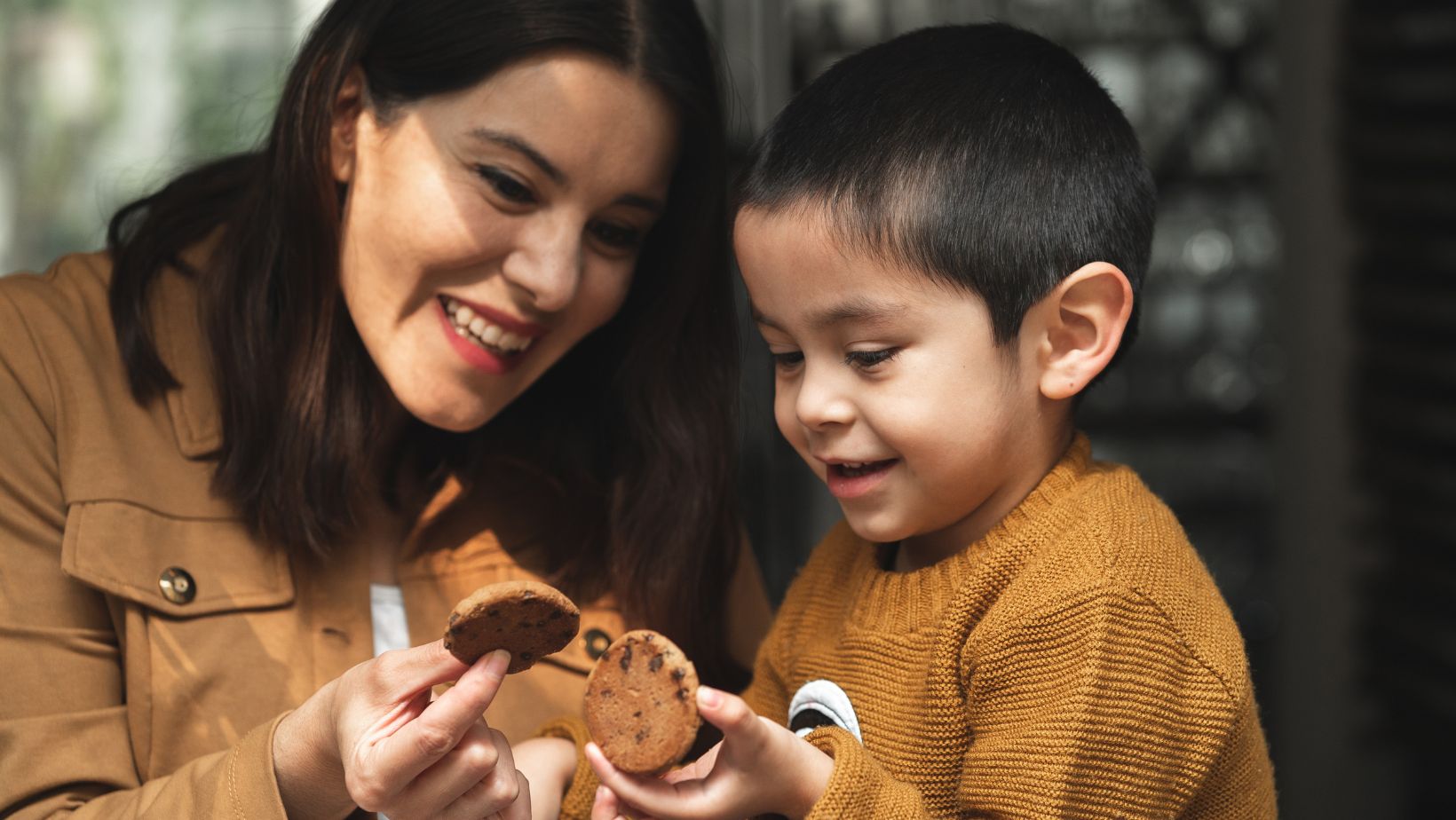
Creating a comfortable and inviting kitchen environment for children with autism can seem like a challenging task for many parents and caregivers. However, with a thoughtful approach and proper guidance, your kitchen can transform into a safe and nurturing space where your child can thrive.
This blog post is dedicated to helping you create a kitchen that accommodates your child’s unique needs and helps them acclimate to essential kitchen activities like eating, cleaning, and table preparation. Furthermore, it explores how Applied Behavioral Analysis (ABA) therapy can support this transition.
Simplify and Organize
Autistic children thrive in environments that are predictable and orderly. Start by simplifying your kitchen space. Remove unnecessary items and distractions, and organize the remaining items in a systematic and visible way. Clearly label cabinets and drawers, and maintain consistency in where items are kept. This structured approach will help your child understand the function and location of each item.
Also, ABA therapy, the gold standard in autism care, can provide children and teens with valuable life skills which can enhance their experience in the kitchen and other areas of the home.
Create a Dedicated Eating Area
Children with autism can benefit significantly from having a dedicated eating area. This space should be simple and calming. Limit the use of loud colors or busy patterns that might overstimulate your child. Incorporate their favorite items, like a special placemat or cup, to make the space feel more familiar and comforting.
Establish Routines and Rituals
Establish clear routines around mealtime and kitchen activities. This could include a consistent sequence of events like washing hands, setting the table, eating, and cleaning up. Providing visual cues or schedules can also be helpful in reinforcing these routines.

Involvement in Meal Preparation
Encourage your child to participate in meal preparation. Simple tasks like washing vegetables or setting the table can give them a sense of achievement and make them feel more comfortable in the kitchen. Remember to offer positive reinforcement to motivate them further.
Teach Cleaning Skills
Teaching cleaning skills is essential. Start with simple tasks like wiping the table or throwing trash. Gradually introduce more complex tasks, such as washing dishes. Use step-by-step instructions, visual aids, or video modeling to help them understand the process.
Use Sensory-Friendly Utensils and Dishes
Some children with autism are sensitive to certain textures, colors, or sounds. To accommodate these sensory preferences, choose utensils, plates, and cups that your child is comfortable using. Silicone utensils, for example, are softer and gentler on the mouth compared to metal ones.
Incorporate ABA Therapy
ABA therapy is a scientifically validated approach that encourages positive behaviors and reduces harmful ones in children with autism.

In the kitchen setting, ABA therapy can be used to teach and reinforce essential skills such as following instructions, waiting patiently, and taking turns. A trained ABA therapist can also help you design a personalized plan to support your child’s kitchen acclimation process.
Conclusion
Creating a safe and supportive kitchen environment for your child with autism involves careful planning, patience, and a lot of love.
However, by simplifying and organizing the space, creating dedicated eating areas, establishing clear routines, involving your child in meal preparation, teaching cleaning skills, using sensory-friendly utensils, and incorporating ABA therapy, you can make the kitchen a comforting and inclusive space for your child. This not only encourages their independence but also nurtures their confidence.
Always remember every child is unique, and what works for one might not work for another. So, keep experimenting and discovering what suits your child the best. The journey might be challenging, but the rewards will be immeasurable.




























































